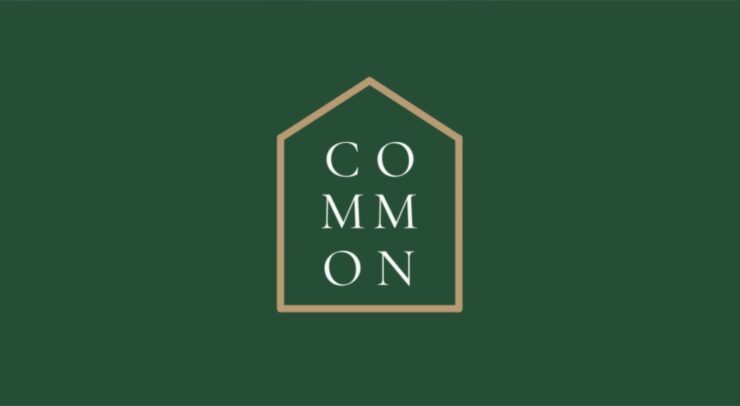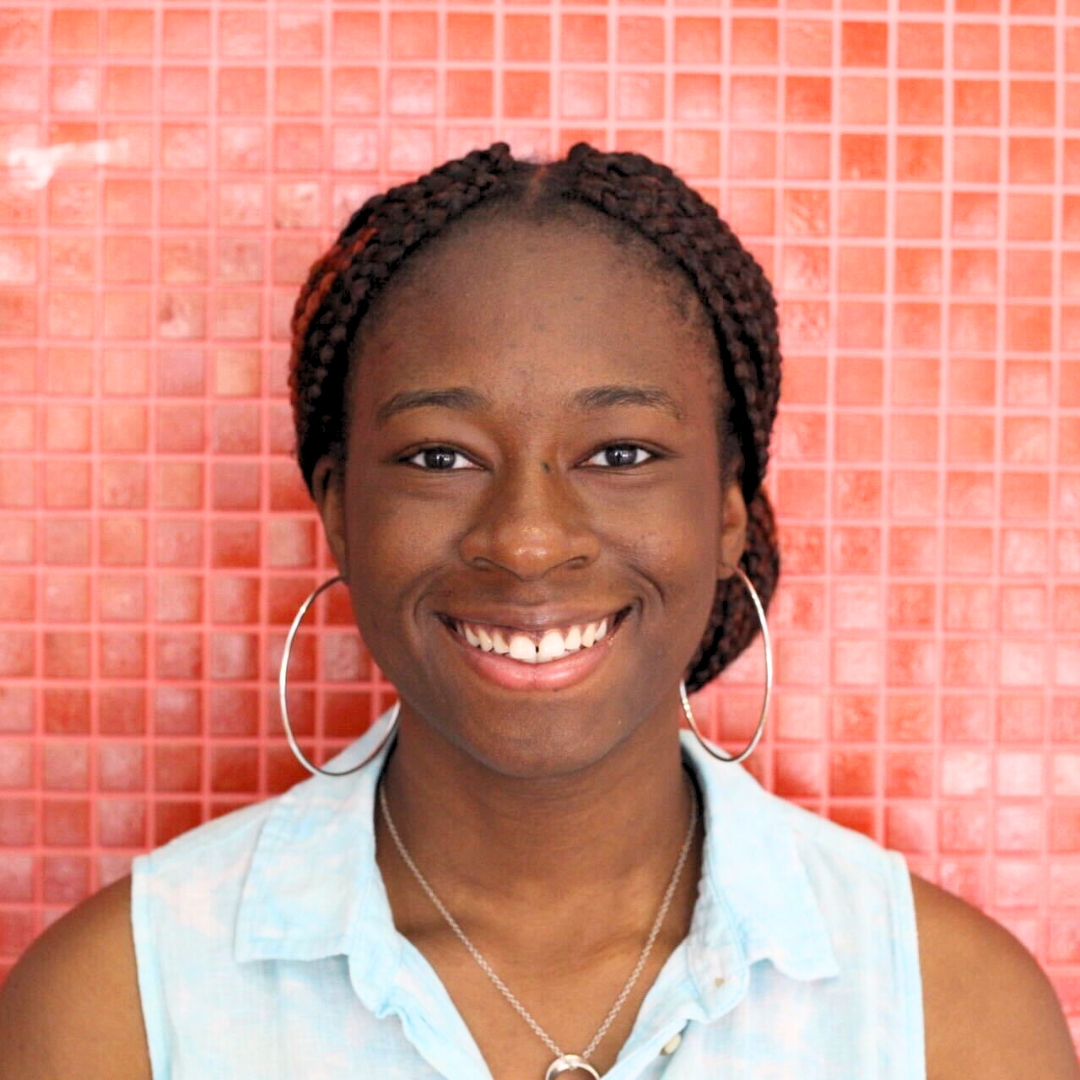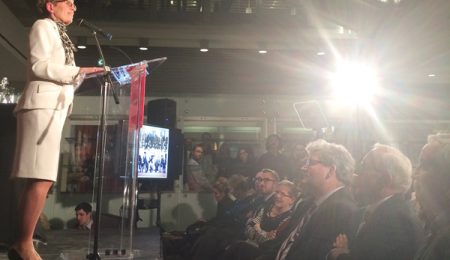U of O’s Online Literary Magazine
Editorial note: the following interview has been edited for brevity and readability.
Fejiro Mejire, a staff writer for the Fulcrum, sat down with Heidi Elder, the Editor-in-Chief of Common House magazine, to learn more about its mission and impact on U of O students.
The Fulcrum (TF):
Could you please tell me your name, your position at Common House, and how long you have been working at Common House?
Heidi Elder (HE):
My name is Heidi Elder. I’m a third year English and creative writing student at the University of Ottawa. I am the current editor-in-chief at Common House Magazine, and I started at Common House in Winter 2024. I started as a junior editor, which means I was essentially hired brand new after our Fall 2023 hiatus. This will be my first term as editor-in-chief, and I will be in that position for the fall and winter terms this academic year.
TF:
Congratulations on your new position! Can you tell me about how Common House started? What led to the creation of Common House and what’s the philosophy behind your magazine?
HE:
Absolutely! So Common House as a magazine is still in its infancy. It was founded in Fall 2022, when I first came to U of O as a first year student. The philosophy behind Common House is kind of a place where all writers can belong. As a magazine, it’s a publication that represents diversity in voice with emphasis on sincerity and story, and that can traverse genres as well. We publish poetry, creative nonfiction, fiction, visual art, photography as well as multimedia, collaborations [or solo works].
We started as an experiment within the department of English at the University of Ottawa, but since then, we’ve grown so much. Like I said, it had to take a hiatus in Fall 2023 because a lot of the original team had graduated, leaving the magazine severely understaffed. We then enacted an overhaul in Winter 2024 which is when I was onboarded. We had a really great mixture of past and new editors as the editorial staff, but as a magazine, it’s kind of a lovely experiment in style in contemporary Canadian and international creative writing.
TF:
I saw that, especially in your first issue, you had contributors from outside of Canada. I saw someone from Cape Town, another from Ohio, and I was wondering, in your view, what is Common House’s vision for their contributors, and how do you see that impacting your readers, current and future?
HE:
As an international publication, our possible reach is extremely expansive. I think that Canadian exclusive publications are extremely valuable to building up the Canadian diaspora of contemporary and emerging Canadian writers. Where Common House differs is, I think, based in its academic origins. With international writers and contributors, you are truly getting the common aspect of the Common House name. You are getting a public that is so far and so diverse that you are kind of opening the floor to stories that wouldn’t necessarily appear in a Canadian or even an Ottawa-exclusive publication.
TF:
Like you said, Canadian-exclusive publications are extremely important and are vital to preserving Canadian arts and culture as well as growing the Canadian literary foundation. I also think that it’s fantastic that Common House represents the diversity of the Canadian experience in its publications, which leads me to my next question. How did Common House get its name?
HE:
I think it was [Leyla Abdolell], our first editor-in-chief, who said our work at Common House feels so often like we’re talking about an unlikely collection of poetry and stories with an unlikely group of friends. In general, there are a lot of barriers that kind of restrict literary magazines, and sometimes there’s the assumption of a kind of elitism. That elitism definitely exists within certain publications, and that’s kind of necessary to a degree.
As a writer, I can appreciate the desire to search for elevated style and new techniques within the writing community, but when you get to “literary pieces,” that is suddenly cutting off an extensive portion of the population who just aren’t looking for that. I believe we’re a middle ground between kind of easy reading and those high level, extremely literary genres.
That’s where Common House is existing; we are looking for high quality and distinct voices and experiments with the writing format …. as well as multimedia and visual formats, but in a way that is accessible to the rest of the student population and our readers all over the globe.
TF:
If you were face-to-face with your audience, what would you tell them?
HE:
I guess that writing doesn’t need to be inaccessible to be of extremely high quality, and I think that is a barrier for a lot of potential readers. Also, it’s not always super difficult to get into it [reading] once you kind of overcome that initial barrier … part of the reach of Common House is that we don’t limit to either emerging or established writers.
TF:
Moving on to the day-to-day running of Common House. What does a day in the life of a Common House staff look like?
HE:
Common House sort of exists in waves. We’re a biannual publication. Right now, actually, we are having our call for junior editors and are currently trying to build up the 2024/2025 team. This is the first wave. Reaching out to people, engaging with first years, second year students, especially because the team is made up of English students.
It’s not necessarily people who are taking English as a major. It’s open to anyone with a micro-program, certificate, minor or major within the English department. The next wave is getting submissions and then accepting or rejecting on a rolling basis until our Fall issue comes out. We have a launch party to celebrate all of our super talented writers, and then we kind of do it all over again for the winter before we hang up our hats for the summer.
TF:
Is there anything you have to say to anyone who’s considering the junior editor position to give them a little push?
HE:
Yes. We love our junior editors. So basically, one of the issues of having [the editorial team] be undergraduate exclusive is that four years is the time limit for any one member. We have a lot of love and need for first year and second year students. And honestly, it’s two to three hours a week depending. It’s a low-key commitment.
If you love editing, if you love reading, if you’re passionate about contemporary literature, it’s a fantastic opportunity: to be part of a young magazine still shaping its identity. Part of the reality of being undergraduate students is that we are all constantly learning. So whether you have experience in publication or you don’t, fill out the evaluation. There’s no wrong answer, and honestly, all we want is passion. We’ll learn as we go through it.
To learn more about Common House, visit their website or their Instagram page.






